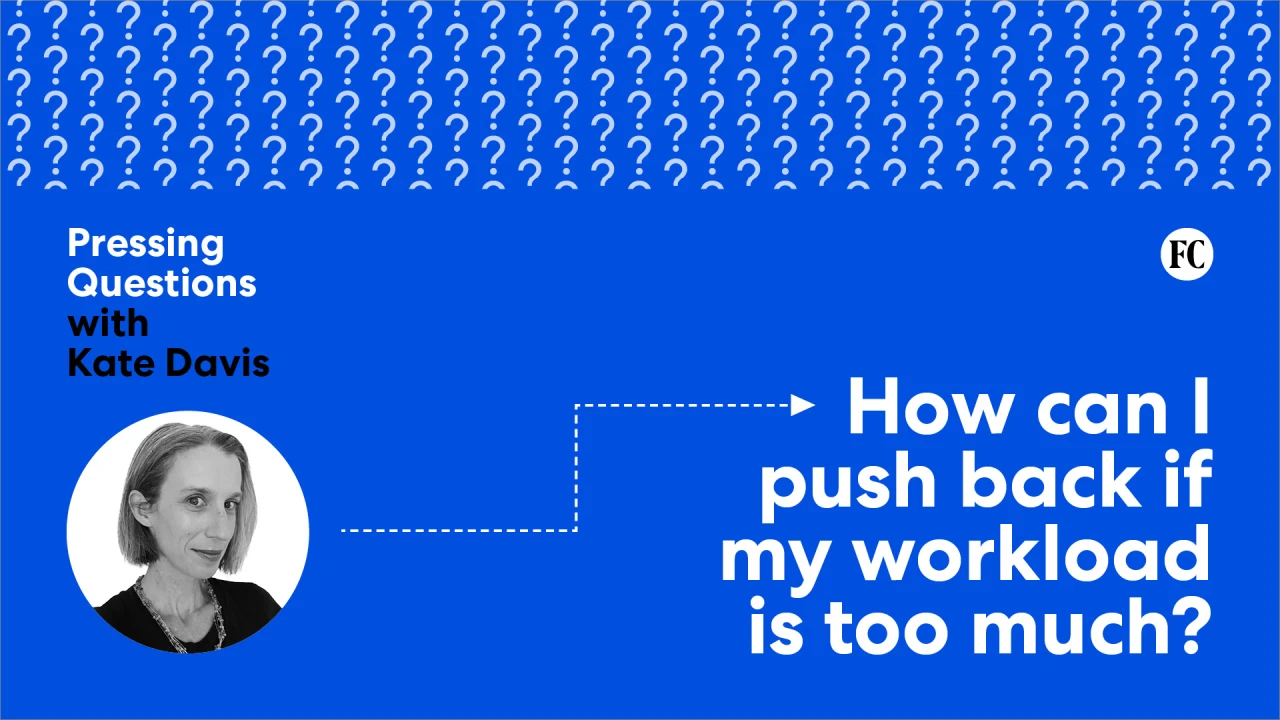The subtle art of correcting your boss

Unless you’re at the very top of the food chain, you have to do a certain amount of managing upward, where you are trying to influence the decisions of the people above you in the org chart. This relationship can be particularly awkward when you have to fix a mistake or a false impression of your supervisor or someone else with a more senior role.
Of course, the degree of finesse required to correct your boss (or someone else in a higher rank) depends on the individual and the company culture. In an ideal environment, everyone in an organization is receptive to feedback and correction. I make sure to tell everyone on my team that I want to hear concerns and corrections as quickly as possible, because that is the only way that I can operate effectively.
If you’re unsure of how well your feedback may be taken, though, there are a few things you can do.
When in doubt, ask
First off, don’t assume that everyone in a more senior role is going to be prickly about being corrected. There are several factors that can influence people’s willingness to accept corrections from others. When someone has a growth mindset, then they often accept critical feedback more willingly than when they see criticism as undermining their sense of their own talent. In addition, the more rigidly hierarchical the organization, the harder it is for people lower in the food chain to criticize those higher up.
That said, there are big individual differences on this dimension, so when you’re working with a new leader for the first time, it is helpful to just ask about how they like to get information. You don’t have to ask specifically about correcting them, but discussing how you can provide them with information about what you see from your vantage point in the organization can often give you insight into whether they think information should flow from the top down or whether there are opportunities to provide feedback from below.
Be discreet
Even when someone is highly receptive to feedback, they may not want to be corrected in front of a group—particularly if that group also includes other influential members of the organization. Find a time to catch the person on a one-on-one discussion rather than correcting them in front of others.
Ideally, you should frame your correction in terms of information that you are not sure that the person may have access to. It can be awkward to frame your discussion as if you are teaching or coaching the person you’re approaching unless you are sure they are open to that. Essentially, you’re creating a way for them to save face while also giving them more accurate information than they had before.
Create contradictions
Correcting someone is really a subtype of trying to change someone’s mind about something. In general, you don’t really change someone else’s mind, you provide them with information that helps them to change their own mind.
The most powerful method for getting people to change their beliefs is to create a contradiction for them. That is, to help them to recognize that their current beliefs lead to incompatible conclusions. Not only does that get people thinking more deeply about how to resolve that contradiction, but there are a variety of psychological mechanisms (often called cognitive dissonance) that work in the background to shift the strength of people’s beliefs in ways that resolve those contradictions.
Often, when you point out a contradiction, you are really making a correction in a more indirect way. You can even ask for assistance in resolving that contradiction for yourself. This method of making a correction can also be less confrontational than just coming out and telling someone that they were wrong.
Enlist some help
If there is someone in a higher rank in the organization who is particularly resistant to corrections, then you may want to find an ally to help you out. If you have a good relationship with someone who is a peer to the person who needs feedback, have a conversation with them and see if they can help you discuss the issue. At a minimum, they may be able to provide you with guidance about the best way to approach the conversation.
In general, you probably fear confrontation more than you should. While you shouldn’t seek to be antagonistic to others, earnest feedback and correction is often appreciated rather than resented. It may be uncomfortable in the moment to say something, but often the anxiety of preparing for the conversation is worse than the conversation itself.
What's Your Reaction?
 Like
0
Like
0
 Dislike
0
Dislike
0
 Love
0
Love
0
 Funny
0
Funny
0
 Angry
0
Angry
0
 Sad
0
Sad
0
 Wow
0
Wow
0





























































































